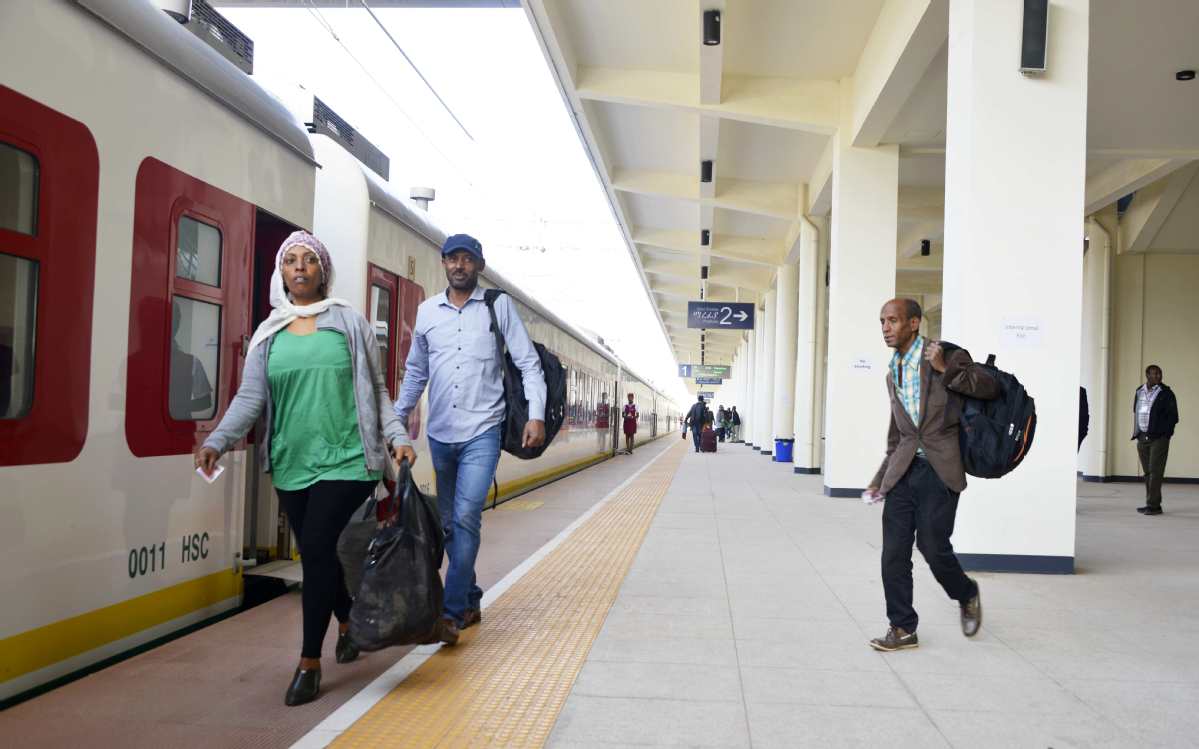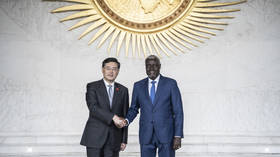The U.S. And China Are Rushing To Secure Resources In DR Congo
By
- Dec 27, 2022, 12:00 PM CST
- The U.S. is looking to secure battery metals and other crucial commodities in Africa.
- The DRC is sometimes called the “the Saudi Arabia of the electric vehicle age” because it produces roughly 70 percent of the world’s cobalt.
- For more than a decade, Chinese companies have spent billions of dollars buying out U.S. and European miners in the DRC’s Cobalt belt.
On Dec.13, the US signed deals with the DRC and Zambia (the world’s sixth-largest copper producer and second-largest cobalt producer in Africa) that will see the US support the two countries in developing an electric vehicle value chain. US Secretary of State Antony Blinken said the US Export-Import Bank and the International Development Finance Corporation will explore financing and support mechanisms, and the US Agency for International Development, commerce department and Trade and Development Agency will provide technical assistance.
For more than a decade, Chinese companies have spent billions of dollars buying out
and European miners in the DRC’s Cobalt belt, leading to control of 15 of 19 of the primary cobalt mines in the country.
China sources 60 percent of its cobalt needs from the DRC, and about 80 percent of the world’s cobalt processing occurs in China before being incorporated into lithium-ion batteries. The DRC-China relationship is on the rocks, however, and Chinese mining is starting to encounter an increasing amount of bumps in the road.
In July the DRC
from the world’s second biggest cobalt mine amid an ongoing dispute between the Chinese mining company and the DRC state mining company. (China Molybdenum bought the controlling stake in the project in 2016 from US company Freeport-McMoRan.)
With
, last year DRC President Felix Tshisekedi began accusing his predecessors of signing lopsided contracts with Chinese mining companies and is now attempting to renegotiate them. In a rare sign of DRC bipartisanship, opposition politician Adolphe Muzito who was prime minister at the time the deals were signed with China, has also come out in support of renegotiating the deals with Beijing.
According to the
, the DRC is also under pressure from the IMF to “clean up lopsided mining agreements granted to foreign firms” (i.e., China) as a precondition for a new $1.5 billion credit line.
***
Washington’s involvement in the DRC stretches back decades. The uranium used to build the atomic bombs that were dropped on Japan was
from Congo. The US
the assassination of the first democratically elected DRC Prime Minister Patrice Lumumba for trying to control the DRC’s resources and use them to improve the living conditions of the country’s people. In recent years, Washington has played a role in the ongoing conflicts in eastern DRC, which involve hundreds of militant groups.
Due to US involvement in assassinating its leaders and fomenting insurgencies in the country, relations between the US and DRC have long been frosty. That changed when Tshiskedi took office in 2019. About that election and the US response, according to
Independent groups in Congo had detected widespread fraud in the vote, so U.S. officials agreed to condemn the process as rigged and vowed to hold those involved responsible.
But the
that came out of the U.S. State Department on Jan. 23 caught some of the policymakers who worked on the region by surprise. Instead of condemning the election as “deeply flawed and troubling,” following the language of the original draft, the United States endorsed the results—with minor caveats—and offered praise for the election.
(At the recent US-Africa Leaders Summit Biden
to provide over $165 million to “support elections and good governance in Africa in 2023.”)
Tshiskedi’s first trip was to the US, and in 2020 both countries agreed to pursue military cooperation, including Congolese officers being trained in the US. Following Tshikedi’s election, the US
that an ISIS-affiliated group was among the militia’s operating in the DRC (UN experts
they found no evidence of this), and US Special Forces began to deploy to the DRC with the
of fighting the ISIS group.
Aside from the supposed ISIS affiliate, it is widely believed that many of these militant groups operating in eastern DRC receive support and training from the militaries of Uganda and Rwanda. And who supports and trains the militaries of Uganda and Rwanda? The US of A.


